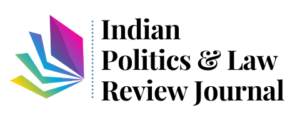Enforcing Foreign Arbitral Awards – An Analysis Of Indian Legal Regime
The distinction between the jurisdiction for enforceability of foreign awards and the jurisdiction in challenging it is a blurred line. This distinction assumes critical importance in the light of significant issues to be explored in this note, such as whether the current structure of the conventions allows for the Challenging Jurisdiction of convention awards to […]
Enforcing Foreign Arbitral Awards – An Analysis Of Indian Legal Regime Read More »
